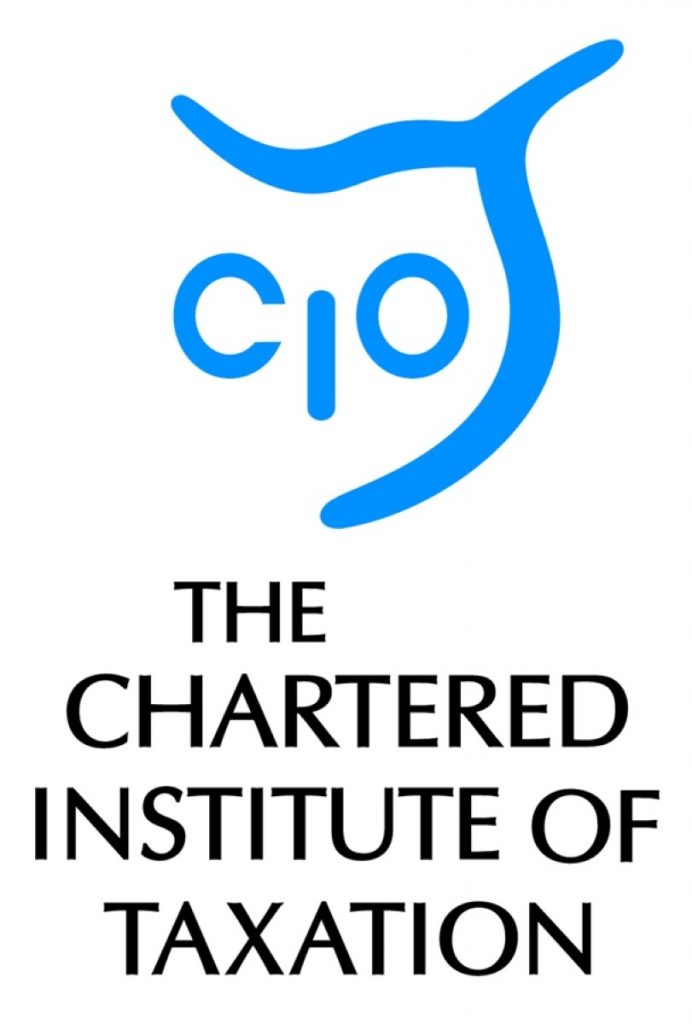CIOT: Independent panel is key to making General Anti Abuse Rule work
The Advisory Panel on the proposed General Anti Abuse Rule (GAAR) should be wholly independent, with no representatives of HM Revenue and Customs (HMRC), say the two leading professional bodies for tax practitioners.
In their response to the Government’s consultation on draft legislation on the GAAR, the Chartered Institute of Taxation (CIOT) and Association of Taxation Technicians (ATT) also say:
· The proposals risk handing too much discretionary power to HMRC
· The Government should keep safeguards recommended in the Aaronson report, such as that tax consequences must be the ‘sole or main purpose’ of an arrangement and not just ‘one of the main purposes’
· The introduction of the GAAR should be delayed to allow time for guidance to be put in place
· The GAAR should be accompanied by simplification of the tax system
Commenting, CIOT President Patrick Stevens said:
“This is all about making the GAAR work and reducing uncertainty for taxpayers, especially businesses. The proposed Advisory Panel is a key feature of the operation of the GAAR. The Government have identified its purpose as being to help taxpayers and HMRC identify the borderline of where the GAAR applies. To achieve this we think it is necessary for it to be genuinely independent, drawing on those with current practical tax experience and with no HMRC representatives.
“Additionally the decisions of the Advisory Panel should be published. There is a need for confidentiality in relation to individual taxpayers but decisions can be safely anonymised. Given the lack of any clearance system, the publication of advisory panel decisions, including dissenting opinions, is particularly necessary to assist taxpayers and their advisers. It is a key part of the process of making the GAAR work and, along with the Panel’s independence, can help avoid damaging uncertainty.”
ATT President Stuart McKinnon said:
“There is a great deal of concern within the tax profession that the GAAR could give too much discretionary power to HMRC. Graham Aaronson’s report included a number of safeguards, such as an automatic exclusion for any arrangement entered into entirely for non-tax reasons, which should all be in the GAAR. Also, the important ‘double reasonableness’ test has been changed in a way that means less certainty. We acknowledge that this is in part to keep the legislation brief, but we believe this is undesirable if it is at the expense of clarity and certainty.
“The Government should also consider delaying the GAAR’s start from the proposed date of April 2013. Not only will Finance Bill 2013 not have been approved by Parliament at this point, but we do not believe this allows sufficient time to produce guidance material. The result would be confusion and unfairness. This guidance material will be crucial and needs to be available at least in final draft form by the time the GAAR comes into effect. Consequently we think the GAAR should commence only after Royal Assent to Finance Bill 2013, ideally from 1 October; that will allow proper time to get the guidance in place.”
Notes to editors
The CIOT/ATT response to the consultation on the draft GAAR legislation, and the Government’s consultation document, can be read at:
http://www.tax.org.uk/tax-policy/public-submissions/2012/GAAR_CIOT_ATT
The Chartered Institute of Taxation (CIOT) is a charity and the leading professional body in the United Kingdom concerned solely with taxation. The CIOT’s primary purpose is to promote education and study of the administration and practice of taxation. One of the key aims is to achieve a better, more efficient, tax system for all affected by it – taxpayers, advisers and the authorities.
The CIOT’s comments and recommendations on tax issues are made solely in order to achieve its primary purpose: it is politically neutral in its work. The CIOT will seek to draw on its members’ experience in private practice, government, commerce and industry and academia to argue and explain how public policy objectives (to the extent that these are clearly stated or can be discerned) can most effectively be achieved.
The CIOT’s 16,500 members have the practising title of ‘Chartered Tax Adviser’ and the designatory letters ‘CTA’.
3. Founded in 1989, the Association of Taxation Technicians (ATT) is a charity and the leading professional body for those providing UK tax compliance services and related activities. Our members are qualified by examination and practical experience to assist individuals and businesses in complying with their tax obligations.
The primary objective of the Association is to promote education and study of the administration and practice of taxation. One of the key aims is to provide an appropriate qualification for individuals who undertake tax compliance work. Those who meet the membership requirements have their qualification recognised by use of the title of ‘Taxation Technician’ and the designatory letters ‘ATT’.
The ATT has over 13,000 Members, Fellows and registered students.
– ENDS –
George Crozier
External Relations Manager
D: +44 (0)20 7340 0569
M: +44 (0)7740 477374
The Chartered Institute of Taxation
Registered charity number 1037771
www.tax.org.uk
The Association of Taxation Technicians
Registered charity number 803480
Registered company number 2418331
VAT Registration Number 497 5390 90
www.att.org.uk
Low Incomes Tax Reform Group – an initiative of the Chartered Institute of Taxation
www.litrg.org.uk
1st Floor, Artillery House, 11-19 Artillery Row, London SW1P 1RT





-01.png)